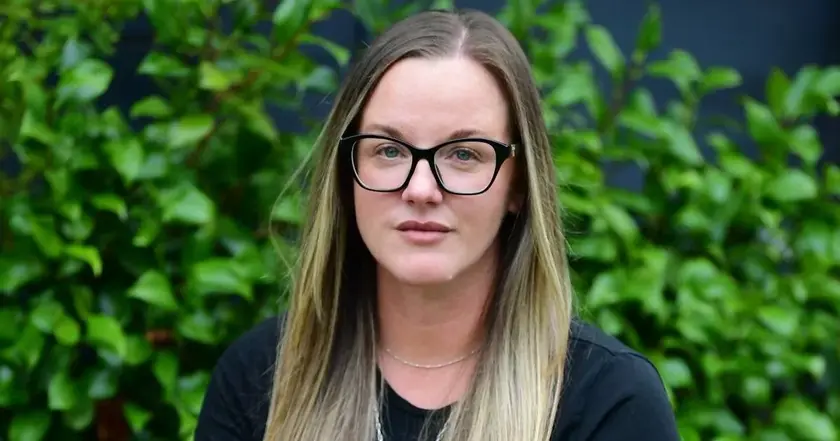T4K3.news
Kingston fraud case update
Sean Kingston and his mother were sentenced to prison over a fake receipt fraud scheme affecting multiple vendors.

The singer and his mother were sentenced for running a fraud scheme that used fake receipts to gain luxury goods.
Rapper Sean Kingston sentenced to 3 years for fraud scheme
Rapper Sean Kingston and his mother, Janice Turner, were sentenced after pleading guilty to a fraud scheme. Kingston received three years in prison, while Turner was given five years. Federal prosecutors say Kingston used social media to lure vendors into selling luxury items, including a 232-inch LED TV and a bulletproof Cadillac, without paying. They allegedly sent fake wire transfer receipts to vendors when payment was due, and most victims were not paid until law enforcement intervened. Text messages between Kingston and Turner discussing the fake receipts were presented as key evidence at trial. Kingston’s attorney described him as a soft guy who grew up poor who rose to fame quickly and struggled with money management. He will begin serving his sentence immediately.
Key Takeaways
"I told you to make [a] fake receipt"
text messages shown at trial between Kingston and his mother
"a soft guy who grew up poor when he rose to fame overnight"
Kingston's attorney described him
"He will begin serving his time immediately"
sentencing
"Most victims were never paid"
federal prosecutors described the outcome
The case sheds light on how influencers can misuse their platforms to exploit small businesses and individual sellers. It shows that fame does not shield someone from legal accountability, and it underscores the role of digital traces in prosecuting fraud. The outcome may influence how prosecutors pursue similar cases involving celebrities and online commerce, and it raises questions about restitution and support for victims who were never paid. The broader takeaway is a reminder that trust in online markets remains fragile, especially when the line between promotion and deception blurs.
Highlights
- Fake receipts become real consequences.
- Fame does not grant a free pass to crime.
- Trust built on receipts is not law.
- Justice finds a way to hold money talks accountable.
Backlash and accountability in celebrity fraud case
The sentencing raises questions about how the legal system handles influencer driven fraud and the potential public reaction to holding celebrities accountable. It also highlights a need for restitution to victims and scrutiny of influencer commerce practices.
Public accountability in the celebrity economy hinges on clear consequences for fraud.
Enjoyed this? Let your friends know!
Related News

Sean Kingston Sentenced in Wire Fraud Case
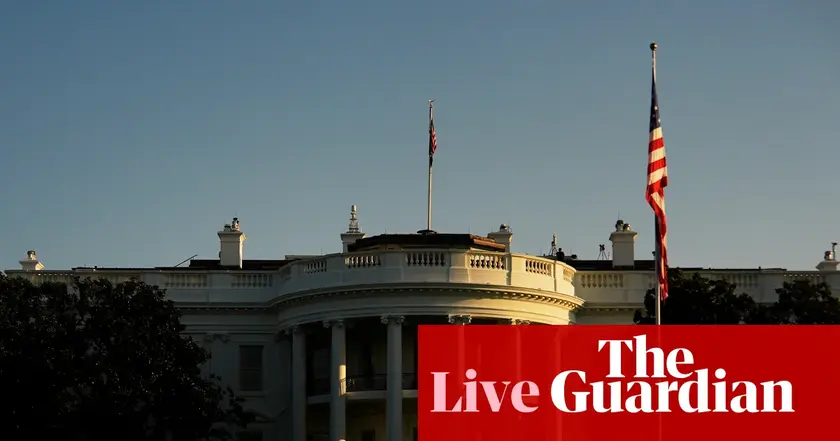
DC police takeover faces federal lawsuit
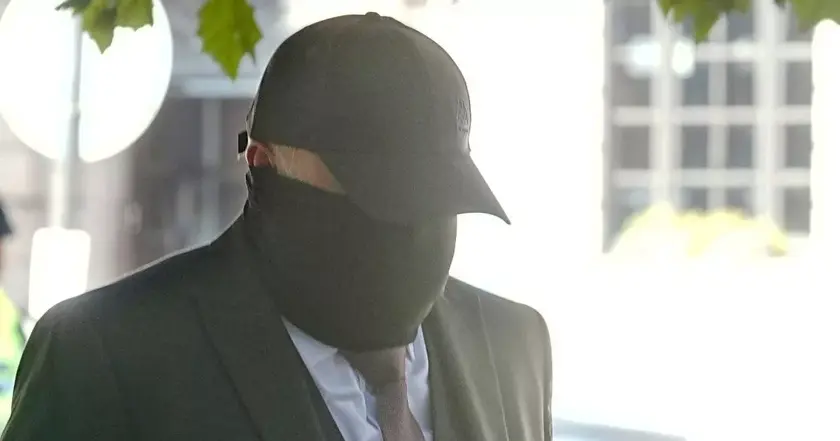
Legacy Funeral Directors case update
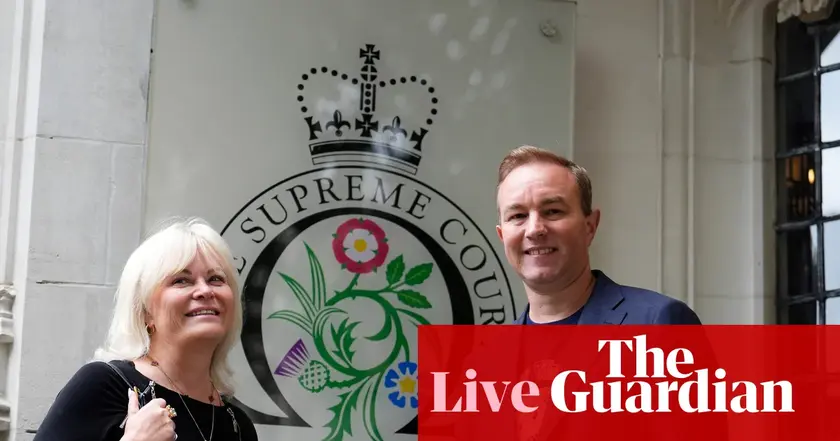
Supreme Court overturns convictions of two City traders
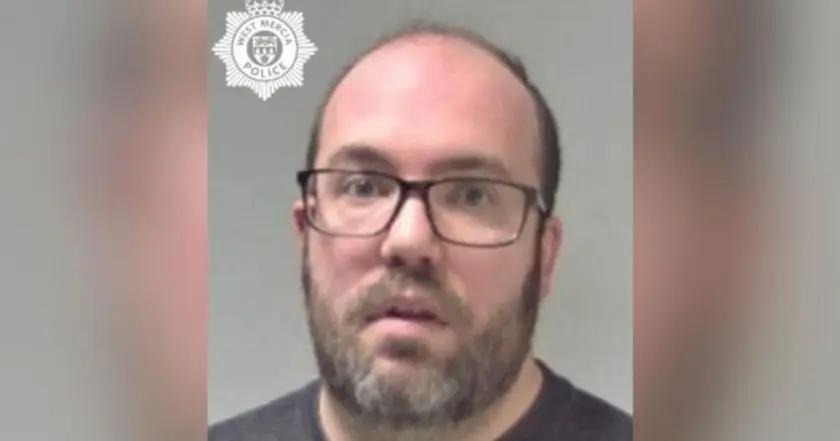
Warwickshire man jailed for stealing £300,000

Care home theft case updates

DOJ subpoenas NY AG in Trump civil rights probe
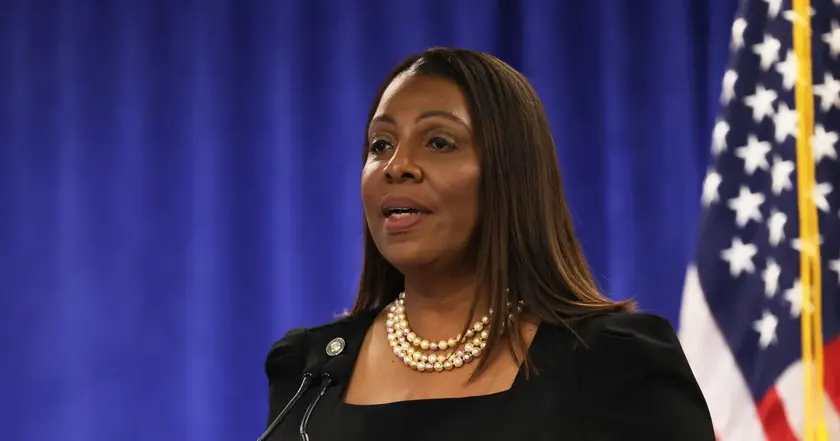
Justice Dept subpoenas NY AG Letitia James
